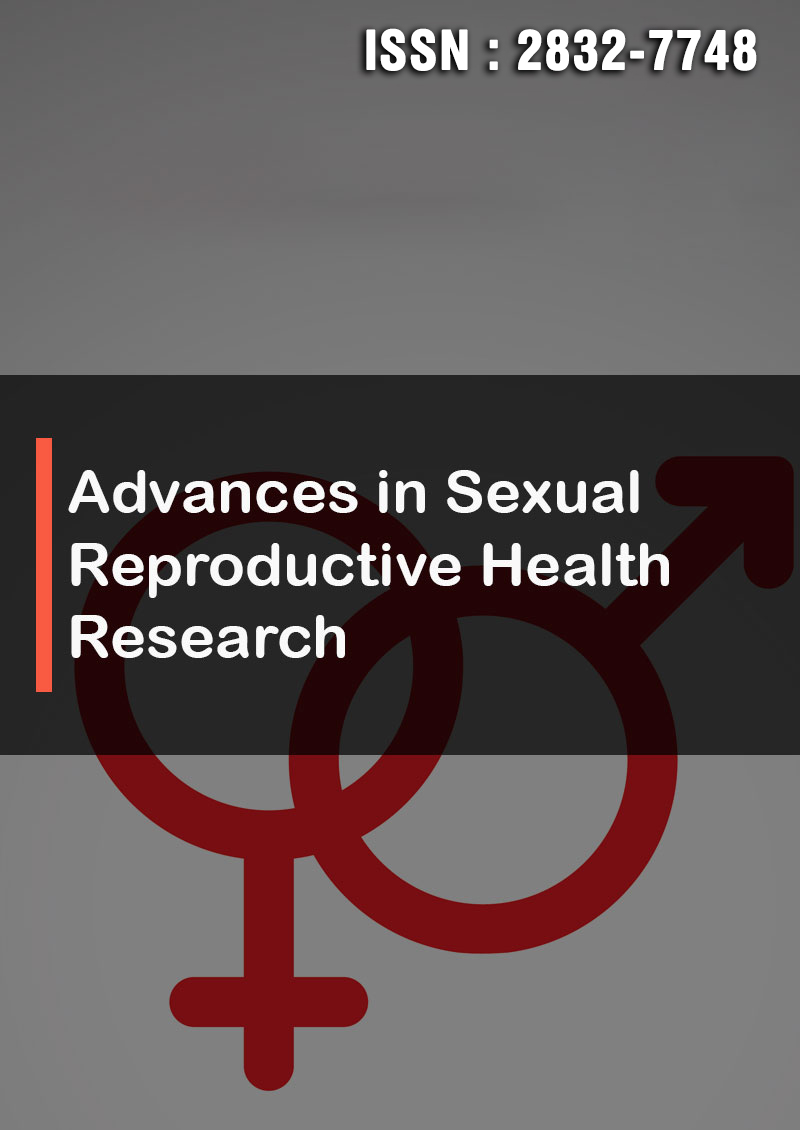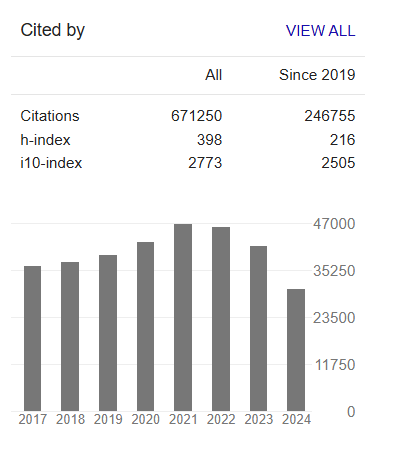Factors Influencing Risky Sexual Behavior: A Study of Female Undergraduate Students of University of Lagos, Akoka, Nigeria
Abstract
Abdulganiyu Opeyemi Abdulazeez, Omotoyosi Latifat Adesegun and Abdullateef Ibrahim Bidemi
Background Out of 1.9 million people living with HIV in 2018, about 1.5% were within age 15 - 49 years although efforts have been made to limit the spread of HIV/AIDS in the country but it still retains an upward trajectory in certain states due to engagement of youths in risky sexual behaviours Thus, this study examined factors influencing risky sexual behaviors among female Undergraduate Students of University of Lagos, Akoka, Nigeria.
Methods A quantitative methodological approach was adopted for this study. The study location was the University of Lagos in Nigeria. A total number of 400 sample sizes was considered for this study. The multi-stage sampling technique was applied. The questionnaire was used in the process of gathering data for this study. Frequency count and percentage, including valid percentage and cumulative percentage, were used.
Results The findings of the study showed that a significant majority of respondents 367 respondents, (91.7%) have had sexual intercourse. Peer influence played a role in the first sexual activity for the majority of respondents, with 288 respondents (78.5%) indicating that their first sexual experience was influenced by their peers. The study also revealed that (62.2%) of respondents reported engaging in unprotected mouth-to-genital contact.
Conclusions Notably, peer influence emerged as a crucial component of the first sexual encounters, demonstrating the influence of their peers on their choices. Recommendations such as government implementing comprehensive sex education programs that emphasize healthy relationships were made in tandem with the findings of this study




